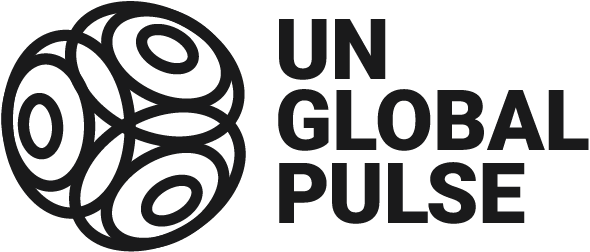Download UN Global Pulse’s 2022 Annual Report here.
2022 was a troubled year for the world, as it went from the COVID-19 pandemic to a new crisis in Ukraine. Despite these collective challenges, UN Global Pulse was able to make the leap to becoming a full innovation lab serving the UN’s transformation agenda.
Global Pulse contributes to the evolution of the UN by supporting innovation with our various agencies, as well as outside partners. Its network of data, digital and social scientists is spread over four continents, with hubs in Jakarta, Kampala, Helsinki and New York.
From the start of the pandemic in 2020, Global Pulse’s data scientists had been working with the World Health Organisation (WHO) and other teams to limit the spread of the virus in Cox’s Bazar, Bangladesh, the world’s largest refugee settlement. In 2022, we followed up on this work, trying to learn lessons for public health and possible future pandemics.
Our data scientists also worked closely with the UN Refugee Agency and others to get a picture of the movements and needs of refugees fleeing Ukraine after the outbreak of war there on 24 February 2022.
In other crisis prevention work, we helped aid agencies in Brazil to model likely refugee movements when the border with Venezuela reopened after COVID-19 restrictions.
But our work is not all about responding to crises; rather we seek to anticipate and avoid them with strategic foresight. And our teams support efforts to make the digital world fairer, more accessible and ethical.
Much of 2022 was devoted to our new Global Digital Access Initiative (GDAI) in which, with partners, we seek to make vast stores of data held privately available for the public good. This data could enable quicker responses in emergencies, providing of course that it is shared ethically.
Strengthening the public’s trust in digital innovation is one of Global Pulse’s goals in a world where hate speech and fake news are becoming all too common. In Africa, using a form of monitoring called “radio mining”, we listened to conversations about COVID-19 in order to target factual information to groups who might be misinformed about new vaccines.
Meanwhile, our multidisciplinary teams worked on inclusive social innovations around the world. In Indonesia, our teams took part in studies to understand both the institutional barriers and behavioural patterns that hold back women entrepreneurs. And in Madagascar and Colombia, we worked alongside young people to test the foresight and planning techniques that will allow them to have a bigger say in the development of their communities.
Our work is experimental and we collaborate with other members of the UN family and innovate together to help them achieve their goals. In this way, we contribute to making innovation become mainstream and help to build a UN 2.0, fit for the 21st century.



